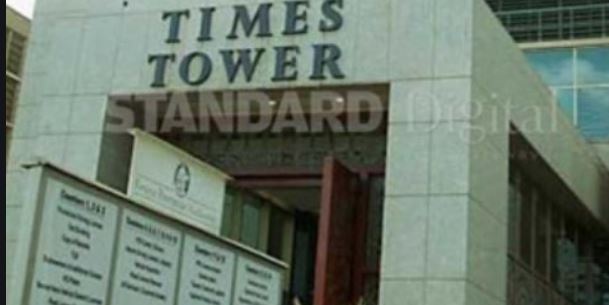×
The Standard e-Paper
Stay Informed, Even Offline

The Kenya Revenue Authority (KRA) Commissioner General Githii Mburu rarely smiles before media cameras.
I am not sure if it is deliberate or it is simply his style. Amid the ravages of Covid-19, Mburu has had one of the toughest jobs in the country - raising more taxes in a depressed economy.







